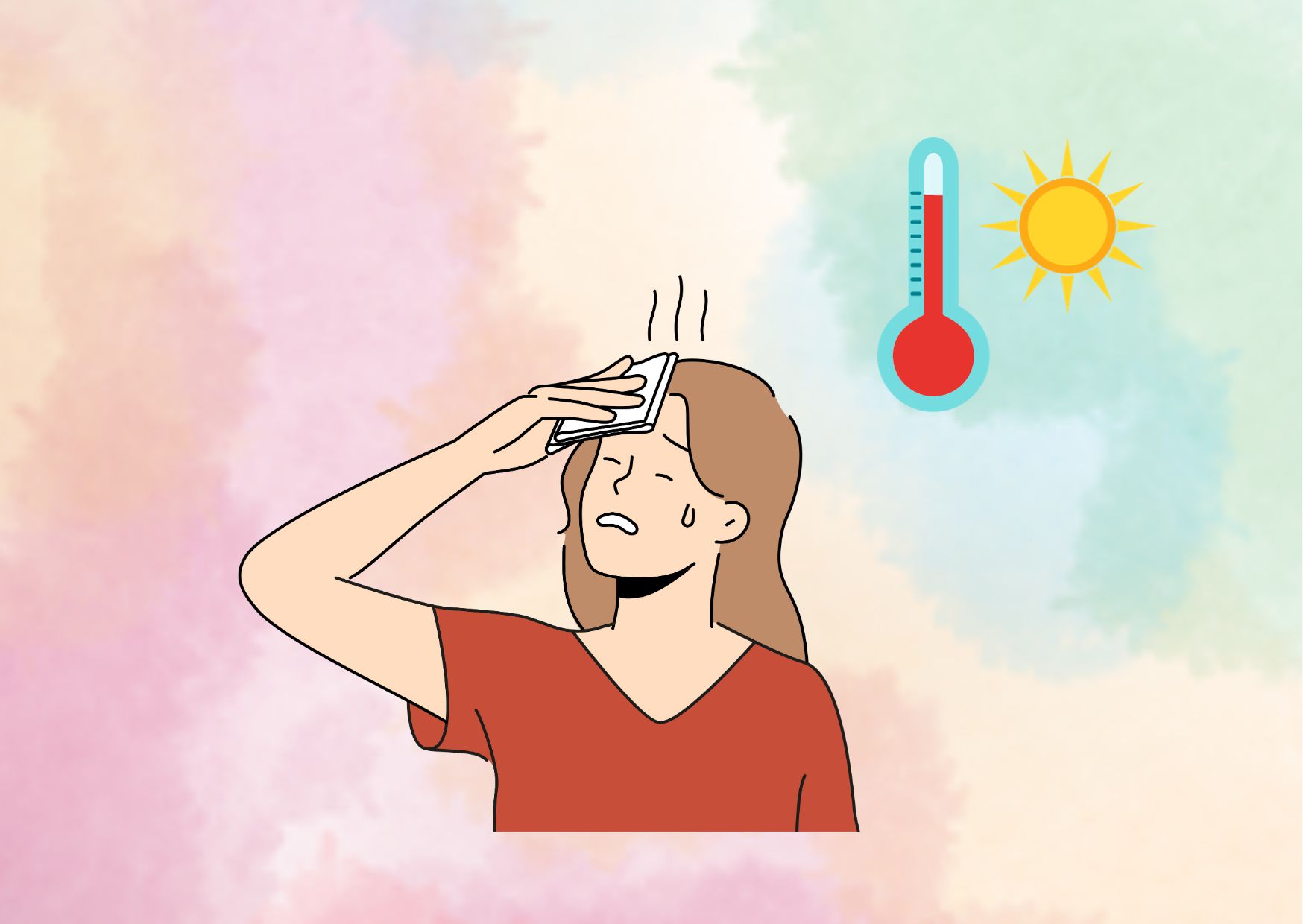The Impact of Heat on Mental Health: Understanding the Connection
In the midst of scorching heat waves and soaring temperatures, it’s not just physical discomfort that we have to contend with. Research suggests that extreme heat can have significant effects on our mental health as well. From impaired cognitive function to increased irritability, the impact of heat on mental health is a topic that deserves attention and understanding.
The Link Between Heat and Mental Health
Heat can have various effects on mental health, and these effects can vary depending on the individual, their pre-existing conditions, and the duration and intensity of the heat exposure. Here are some ways in which heat can impact mental health.
The Impact of Heat on Mental Health
The Emotional Toll of Heat
One of the noticeable effects of extreme heat is irritability. The discomfort of high temperatures, coupled with disrupted sleep patterns, can leave individuals feeling stressed and on edge. Studies have found that heat can induce mood changes and irritability, possibly due to an increase in cortisol levels and the activation of the body’s stress response. This emotional toll can manifest as heightened aggression and even road rage.
Cognitive Impairment and Heat
Heat can also impair cognitive function, leading to difficulties in attention, reaction time, and overall mental performance. Research conducted during heatwaves has shown that individuals exposed to higher temperatures performed worse on cognitive tests, experiencing reductions in response times and accuracy. Moreover, a study observed a dip in cognitive performance as air temperatures rose, suggesting that the heat itself interferes with cognition. The brain’s ability to think clearly, quickly, and efficiently is compromised when the body is too hot.
Mental Health Conditions and Heat
For individuals with pre-existing mental health conditions, the effects of heat can be even more pronounced. Certain psychiatric medications, such as those used to treat schizophrenia and bipolar disorder, can interfere with the body’s ability to regulate temperature, making individuals more susceptible to heat-related issues. Moreover, those with mental health conditions may experience increased distress or worsening symptoms during periods of extreme heat, leading to a higher incidence of emergency department visits.
The Mechanisms Behind the Heat-Mental Health Connection
While the exact mechanisms underlying the impact of heat on mental health are not fully understood, several factors may contribute to this connection. Interrupted sleep due to the discomfort of high temperatures is one potential explanation for the cognitive impairments observed during heatwaves. However, evidence suggests that there may be something about the heat itself that interferes with cognition, independent of sleep disturbances.
